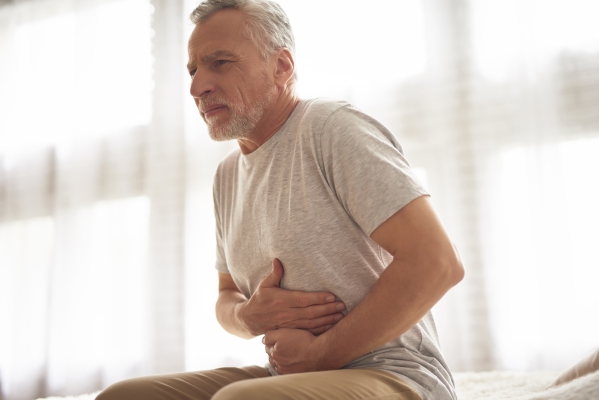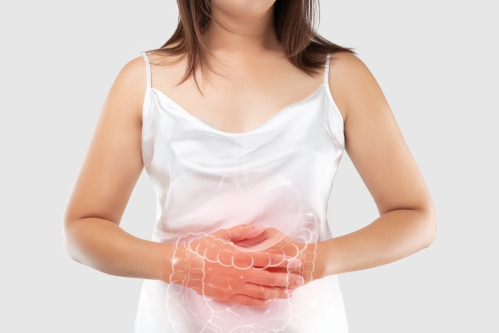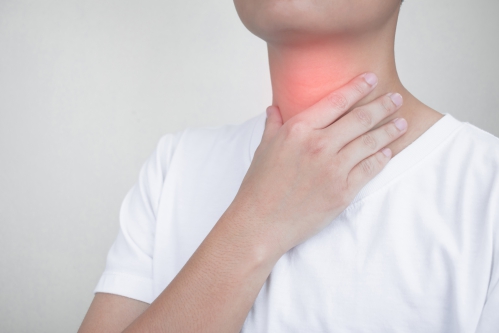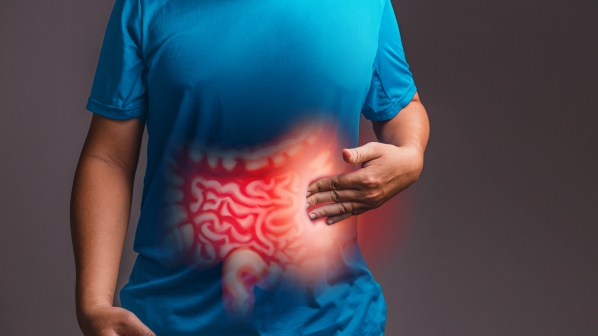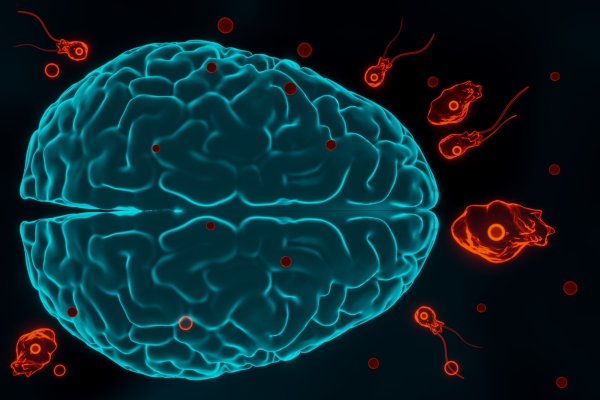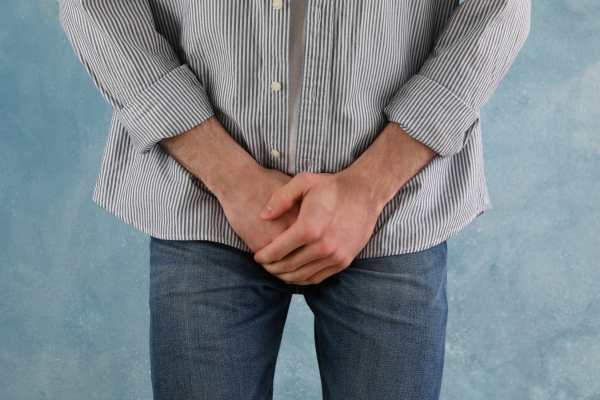What is Pancreatitis?
The pancreas in an organ which is found in the abdomen and is responsible for several functions such as digestion and blood sugar regulation. It releases enzymes and hormones such as insulin. When your pancreas gets inflamed, this is called pancreatitis. If it occurs suddenly and lasts for a few days it is called acute pancreatitis and when it occurs over several months or years, you have chronic pancreatitis.
In the United States, acute pancreatitis occurs in around 4.5 to 35 per 100000 individuals per year. Its incidence keeps on increasing around the world due to the increased number of people with risk factors such as obesity and gallstones. In some cases, pancreatitis can go away without treatment. However, it can also lead to severe complications and requires prompt treatment.
Causes of Pancreatitis
Whenever digestive enzymes found in the pancreas start to irritate the pancreatic cells themselves, inflammation occurs. If you have recurrent episodes of acute pancreatitis, more damaged is caused to your pancreas leading to chronic pancreatitis.
Acute and chronic pancreatitis share similar causes namely:
- Gallstones: Stones formed in your gall bladder can travel through your bile duct that leads to your pancreas causing obstruction. This is known as gallstone pancreatitis. This will prevent the release on pancreatic enzymes into your gastrointestinal tract.
- Alcohol misuse: Alcohol can trigger the activation of pancreatic enzymes while they are still in your pancreas.
- Infections: These infections can be due to bacteria, viruses, fungi or parasites. Some examples include salmonella, legionella, hepatitis B, cytomegalovirus, mumps, coxsackievirus, varicella-zoster virus, aspergillus, cryptosporidium and ascaris.
- Others: Other causes such as autoimmune diseases (Lupus or Sjogren’s syndrome), genetic mutations, pancreatic injuries, and high levels of calcium or triglycerides in the blood can also contribute in the development of pancreatitis.
- Idiopathic: Some cases of pancreatitis also arise without any known cause.

Risk factors for Pancreatitis
There are several factors that contribute in the development of pancreatitis or which make you more prone to have it namely:
- Alcoholism: people who consume alcohol heavily are at increased risk of having pancreatitis
- Smoking: smoking increases your risk of having pancreatitis by threefold compared to people who do not smoke. It is also known that smoking cessation significantly reduces your risk.
- Family history: Genetics play a role in pancreatitis. If you have a close family member who has or had pancreatitis, you are more susceptible to have it too.
- Obesity: Being obese increases your risk of having pancreatitis.
- Sex: Men are more likely to have pancreatitis compared to women.
Signs and symptoms
Acute and chronic pancreatitis can present with a variety of signs and symptoms.

Acute pancreatitis most commonly present with:
- Persistent and severe abdominal pain
- Abdominal pain radiating to the back
- Nausea and vomiting
- Fever
- Decreased appetite
- Tender abdomen
- Jaundice
- Increased respiratory rate
- Ecchymosis near the umbilicus or on your flank (rare)
Chronic pancreatitis present with similar signs and symptoms as acute pancreatitis but can also present with the following:
- Oily or floating stools
- Unintentional weight loss
- Worsening abdominal pain
Making a diagnosis
A thorough history and physical examination will definitely help in pointing to the diagnosis of pancreatitis. However, your doctor will need to perform several other tests and imaging to confirm the diagnosis in order to initiate appropriate treatment. These tests include:
- Blood tests: These will be performed to look for the levels of the enzymes amylase and lipase in your blood. Both of these enzymes are produced in increased quantities during acute pancreatitis. However, past a few days, these tests are no longer reliable as the levels eventually return to normal.
- Stool tests: this test is used to check for the level of fat present. This is usually increased in pancreatitis as there is impaired digestion of fat.
- Abdominal ultrasound: This is mostly used to detect the presence of gallstones potentially obstructing the pancreatic outflow.
- Computerized tomography (CT scan): This imaging modality is also used to detect the presence of gallstones and inflammation in your pancreas.
- Endoscopic retrograde cholangiopancreatography (ERCP): In this procedure, a camera is introduced into your gastrointestinal tract. This will enable visualisation of your internal structures and localise the level of obstruction.
- Magnetic resonance imaging (MRI): this can also be used to look for any structural abnormalities in your organs including your pancreas, associated ducts and gallbladder.

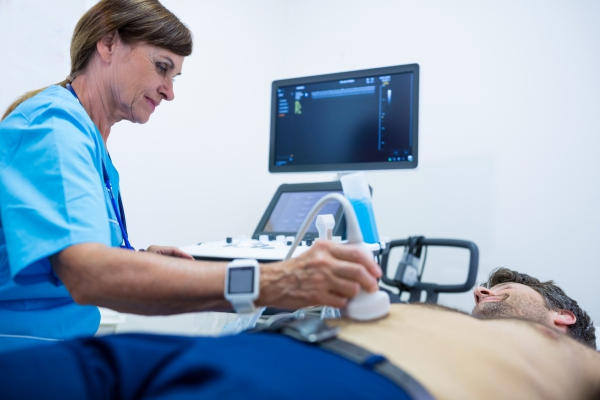
Treatment of pancreatitis
Treatment of pancreatitis include:
- Painkillers: Since pancreatitis presents with abdominal pain with can sometimes be moderate to severe, you will be given painkillers to decrease the symptom.
- Bowel rest: Once you have been diagnosed with pancreatitis, you will be kept fasting in order to give time for your pancreas to regenerate. You will be allowed to start eating again once the inflammation has resolved. It may take some time before you get back to a normal diet.
- Nasogastric tube: Since you will not be eating, you may be fed directly to your stomach through a tube that goes through your nose. It can also be used to remove any excess liquids in your stomach responsible for nausea and vomiting.
- Intravenous fluids: You will be provided with fluids through your veins in order to prevent dehydration.
- Treatment in the intensive care unit (ICU): This may be required in cases of severe pancreatitis.

All of the above measures is to decrease the amount of inflammation going on in your pancreas. Once under control, your doctor will start to manage the underlying cause of the pancreatitis. These measures can include:
- Endoscopic retrograde cholangiopancreatography (ERCP): As mentioned earlier, this procedure can be used to diagnose pancreatitis. Furthermore, it can also be used therapeutically to make repairs in your bile and pancreatic ducts.
- Cholecystectomy: This procedure involved the removal of your gallbladder to prevent further formation of gallstones and obstruction of the pancreatic duct resulting in pancreatitis.
- Pancreatic surgery: This can be done to improve the drainage of enzymes from your pancreas to your intestines or to remove any scar tissue present in your pancreas following the inflammation.
- Treatment for alcohol addiction: Your doctor may recommend you to a treatment program to stop your alcohol disorder as drinking alcohol can worsen pancreatitis and lead to complications.
- Referral to a dietician: You will have to adopt certain diet changes following pancreatic such as a low-fat diet. A dietician will help you in preparing meal plans.
Complications of Pancreatitis

Several complications can occur with pancreatitis. Complications can occur with both acute and chronic pancreatitis but is more common in chronic. These include:
- Pancreatic pseudocyst: This is the formation of fluid filled cysts in your pancreas. These can rupture in your abdomen and lead to further complications.
- Infections: Pancreatitis increases your susceptibility to infections.
- Kidney failure
- Diabetes: Pancreatitis can cause damage to your insulin producing cells. When this happens, your body does not produce enough insulin to control your blood sugar levels resulting in diabetes.
- Malnutrition: Malnutrition can result from insufficient production of digestive enzymes from your pancreas.
- Pancreatic cancer: Mostly result from chronic pancreatitis. This is due to long-standing inflammation.
Prevention of pancreatitis
Prevention of pancreatitis is mainly on avoiding factors that can increase your risk of having the disease namely:
- Avoiding alcoholic drinks
- Smoking cessation
- Exercising and maintaining a healthy weight
- Eating a balanced diet with high fibre foods
Prognosis
The majority of acute pancreatitis patients usually gets better with treatment even if you may be required to stay at the hospital for a few days. It is important for you to implement the necessary lifestyle modifications in order to prevent further complications associated with the condition.

Source:
J. Alastair, I. and Simon, M., 2016. Davidson’s Essentials of Medicine. 2nd ed. London: ELSEVIER.
Parveen, K. and Michael, C., 2017. Kumar & Clarks Clinical Medicine. 9th ed. The Netherlands: ELSEVIER.
Tang, J., 2019. Acute Pancreatitis
Huffman, J., 2019. Chronic Pancreatitis
